Thesis: the biggest obstacle to a political party's goals is not the power and reach of the other party's critics, but the aggressive nature of the party's own fanatics who make more enemies than allies. For example, the biggest threat to a wealth tax isn't Sean Hannity, it's Alexandria Ocasio Cortez. I am going to set my confidence interval at 65%.At the end of this post, I am going to make a forecast that can be tracked. The forecast will be based on my thesis.
I've made the case that the biggest threat to things like racial equity and expanding the welfare state comes from the left. I argue that the people Paul Graham would call "aggressive conventionals" (people who are "fighters" when they're in your ingroup but "bullies" when they're in your outgroup) push passive, moderate, or otherwise politically disengaged people to more reactionary positions that fight back against progressives. Their aggressiveness should be curbed so the more civil among us can court these moderates.
The other argument is that reactionaries and aggressive conventionals on the right are the biggest threat to progressive goals. Alex Jones, Tucker Carlson, and Laura Ingraham are out there telling lies and saying harmful things that radicalize their listeners. We should deplatform them and limit their speech so they do not expand their audience and bring more people to their side.
If I'm being honest, I cannot prove which is the bigger threat. Based on what I know of human behavior, it is easier to push people than to pull them. They are more likely to identify with an ideology that is against something they hate, than for something they like.
So, no, I don't think "giving a platform" to some toxic person is going to make much of a difference in their pursuit of gaining followers. However, I also don't think I can court many moderates to the left if the far left would just tone down their "abolish the police" rhetoric. But I still like to try.
So here is my best argument for why I think the aggressive left is making things worse for progressives.
Campaign Tactics
Scott Alexander analyzed the voter turnout approach vs. court swing voters approach to winning elections. He found that there isn't much evidence either approach works better at getting more voters, but the more extreme a candidate is the more she turns out voters to vote against her.
Likewise, extreme candidates do a better job of making enemies than allies.
Support for BLM
In the following section, I opine about polling data regarding support for Black Lives Matter. It might be too boring/confusing, in which case you can skip to the Bad Phrasing section. My basic point is that support rose sharply after George Floyd's death and dissipated rather quickly. The sharpest change was in the reduction in people who had no opinion on BLM; most of them now oppose BLM. I find it unlikely that this group takes their cues from Fox News and what changed their behavior was the rioting and anti-police rhetoric.
According to FiveThirtyEight, The death of George Floyd polarized White America's attitudes toward Black Lives Matter. If I'm reading this correctly, at the time of his death, attitudes were the same; 35% support, 35% oppose. This means 30% had no opinion. We are now at 49% oppose (an increase of 14%), 37% support (an increase of 2%), meaning 14% have no opinion (a decrease of 16%).

People could have moved from support to oppose, or support/oppose to no opinion, but it seems more likely that, of the 16% of pollsters who are no longer in the no opinion category, 14% moved to oppose and 2% moved to support. So what moved them, watching Fox News' unfavorable coverage of the riots or reading New York Times op-eds about abolishing the police?
Moving the Fencers
In a past blog post, I coined the term "fencers" to describe the White respondents who are on the fence about supporting BLM, the people who said they "somewhat support" the organization. In a June 2020 poll, those who leaned Democrat were at 30% and those who leaned Republican were also at 30%. In a follow-up September poll, that number for republicans had dropped from 30% to 14%, while the number for democrats rose from 30% to 36%.
However, the overall change--including responses for both "somewhat" and "strongly" support--dropped for both groups of White respondents. Republicans went from 37% to 16%; Democrats went from 92% to 88%. For simplicity, here are the June numbers and here are the September numbers. Notice that left-leaning "strongly support" dropped from 62% in June to 51% in September.
So what likely happened is left leaning respondents moved from "strongly support" to "somewhat support". I doubt that 11% decrease is the result of them turning on Tucker Carlson and drinking his Kool-aid.
So something happened that shrunk overall support for BLM for every racial group--except Blacks, who picked up a point, although the FiveThirtyEight graph shows even their support has dropped a bit since then--even when controlling for ideology. And according to the FiveThirtyEight data, that drop has continued or at least leveled off.
Why was there such a rise in support that quickly began to fade? Did Fox News give favorable coverage after George Floyd's death and then quickly change their stance? Or did sympathy turn to apathy once rioters began burning down police departments and tearing down statues of Ulysses S. Grant? Whereas "Justice for George Floyd" was a rallying call, "All Cops Are Bastards" became a deterrent.
(I tried using Infoplease to look at the top stories in August, and found three stories about riots that could have dampened support of BLM, which would then show up in the September polls. But then I looked at June, when poll numbers for BLM were still high, and saw three more stories about riots, so maybe they didn't make much of a difference.)
Bad Phrasing
David Shor is an election expert and posits that two topics don't poll well and hurt Democrats at the ballot: defund the police and socialism. The main problem is messaging. A recent poll shows that only 18% of respondents support "defund the police."
This FiveThirtyEight story shows that while most Americans oppose "defund the police" when you break it down by specific policies you get better results.
"For instance, when Reuters/Ipsos queried people about “proposals to move some money currently going to police budgets into better officer training, local programs for homelessness, mental health assistance, and domestic violence,” a whopping 76 percent of people who were familiar with those proposals supported them, with only 22 percent opposed. Democrats and independents supported these proposals in huge numbers while Republicans were split, 51 percent in favor to 47 percent opposed."
So this seems like an easy fix. Just focus your message on the stuff that polls well. But wait! This is a post about how the left can't get out of its own damn way.
Trump Good for Immigration?
Does this happen on the right? Maybe. This Gallup poll asks people if immigration should increase, decrease, or stay the same. For the first time since they began asking this question in 1966, more people favor increase than decrease.
What did the Democrats do to sway public opinion? Probably nothing other than give Donald Trump enough rope to hang himself. Trump made the demonization of immigration and the promotion of nationalism the core of his campaign and it seems to have backfired.
Here is a Google Trend for "illegal immigration":
There is a huge spike in 2006, when the House passed the Comprehensive Immigration Reform Act of 2006, which later died in the Senate. Another bump in 2010, when Congress considered the DREAM Act, which later died. And that's about it. Nothing Trump did got people talking about immigration quite like past pro immigration policies.
So it's possible that Trump's angry rhetoric actually tilted public opinion in support of immigration.
Unite the Left
In Against Murderism, Scott Alexander critiques defining racism by its consequences (basically Antriracism before the term was ubiquitous), writing:
"Suppose the KKK holds a march through some black neighborhood to terrorize the residents... The march is well-covered on various news organizations, and outrages people around the nation, who donate a lot of money to anti-racist organizations and push for stronger laws against the KKK. Plausibly, the net consequences of the march were (unintentionally) very good for black people and damaging to white supremacy. Therefore, by the Sophisticated Definition, the KKK marching the neighborhood to terrorize black residents was not racist. In fact, for the KKK not to march in this situation would be racist!"
I know he's trying to be hyperbolic to make a point but I don't think it's quite the own he thinks it is. That is basically what happened during the Charlottesville Unite the Right rally! This Civiqs poll of Black Lives Matter support shows that the Charlottesville rally made people more favorable toward BLM.
The Hard Work
I get that people want to denigrate what Ibram Kendi called "moral suasion." It's slow-moving and produces small results. But it's the best thing we've got because more aggressive approaches just push people to the other side and embolden the enemy. However, I did set my confidence interval at 65%, so it wouldn't be too difficult to have my mind changed.
Forecast: since Derek Chauvin was found guilty on all three counts, the right will spend the next several months talking about how the trial was unfair and police need more protection. Black Lives Matter will largely be out of the news. As a result, support for Black Lives Matter will increase again. According to the Civiqs poll above, support is at 47% as of April 17, 2020. I predict that it will be 49 percent by June 1. My confidence interval is 55%.
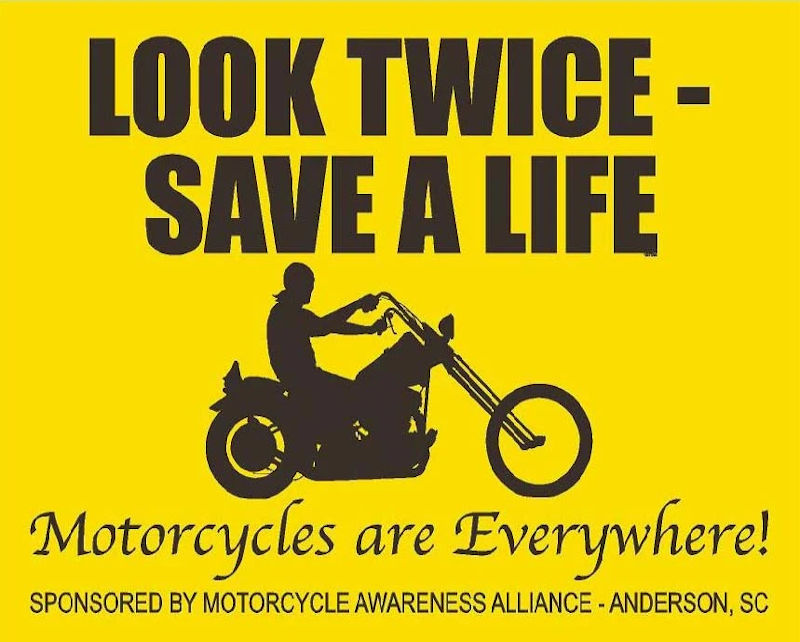

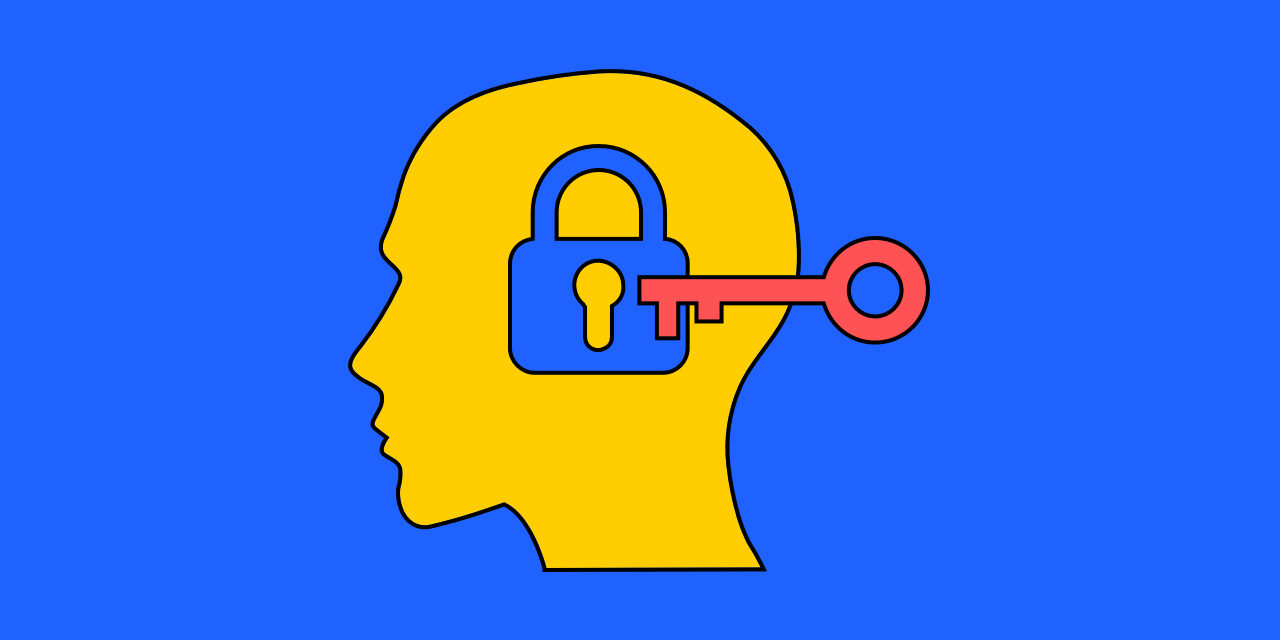
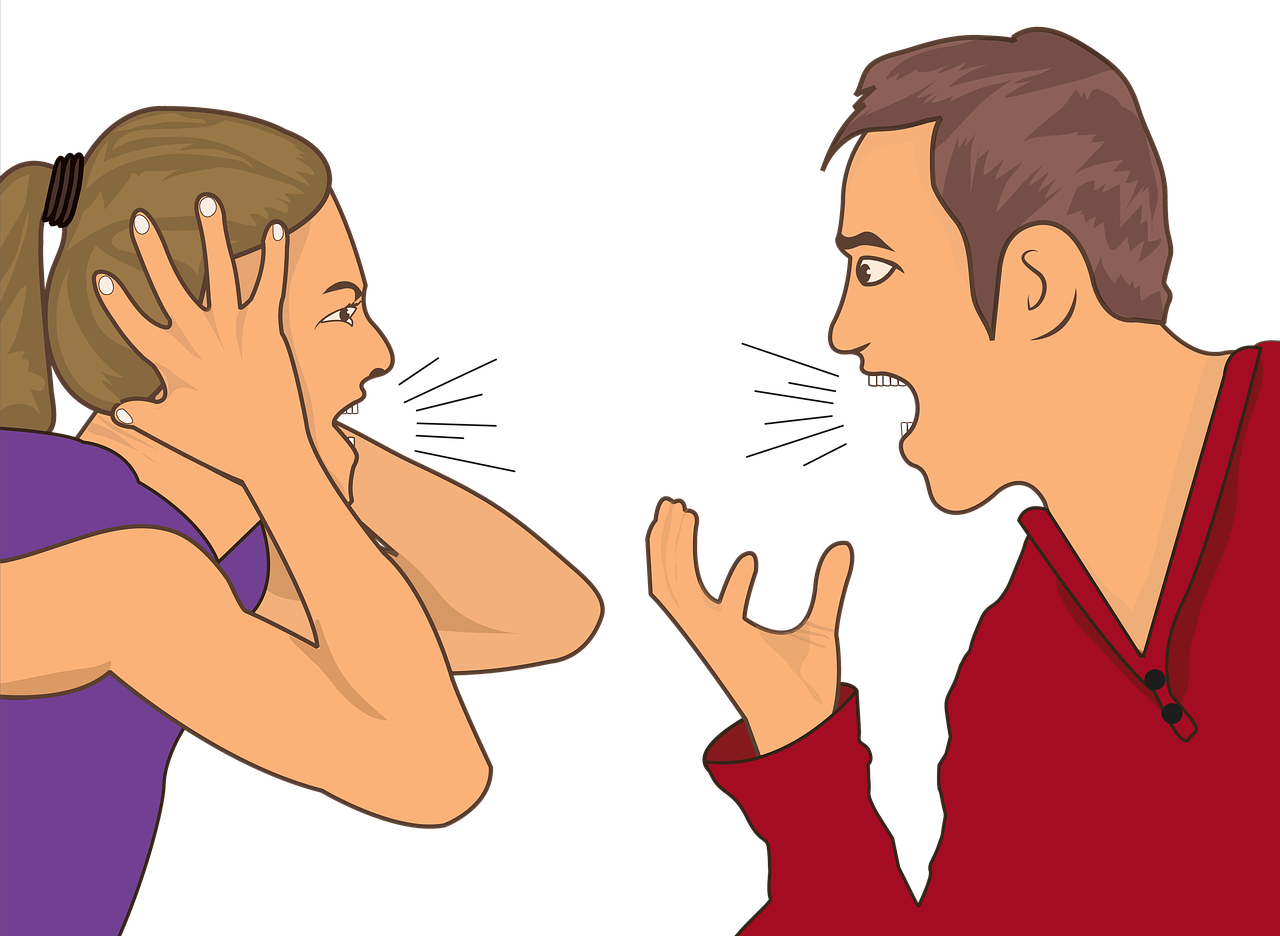
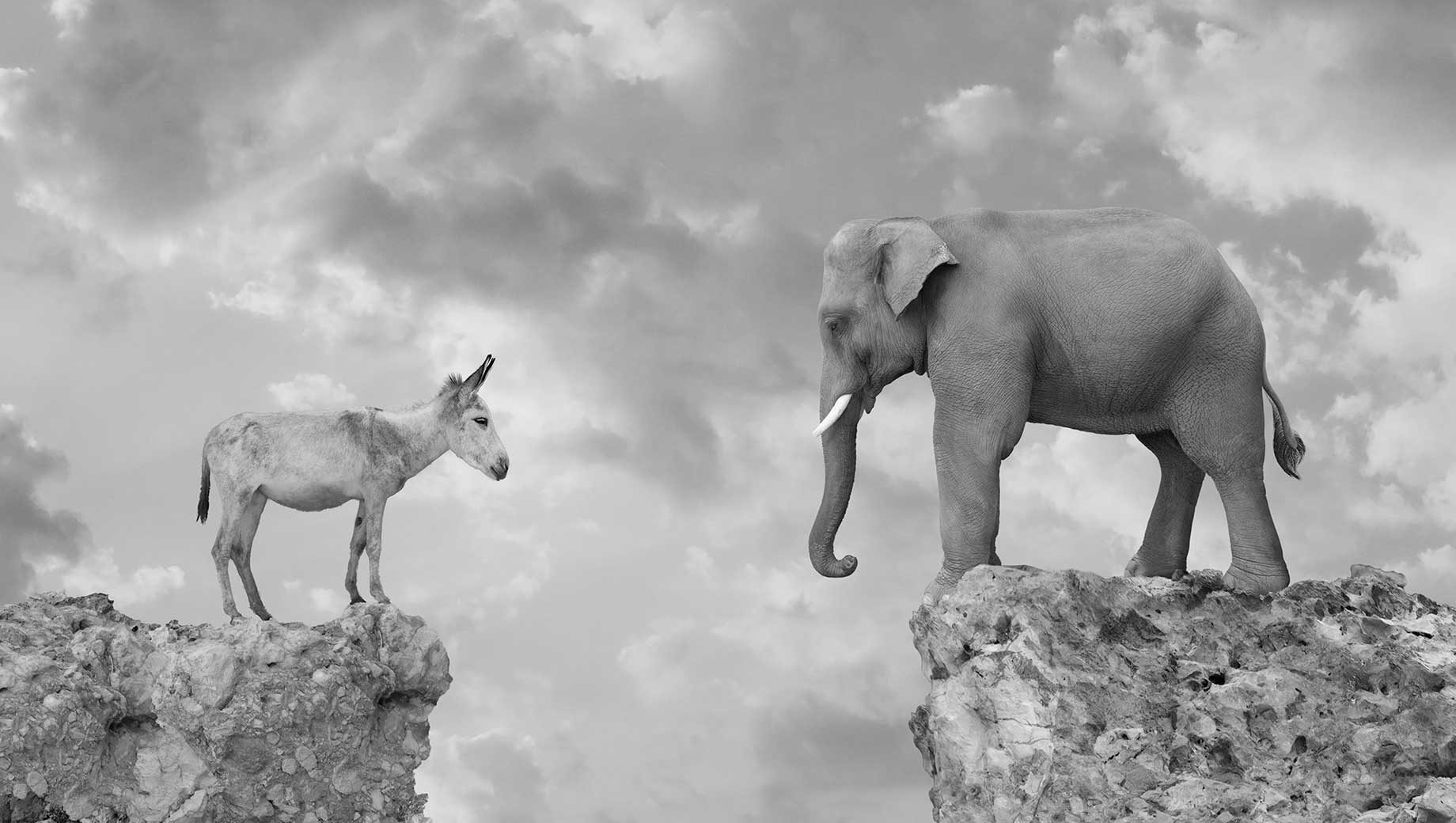

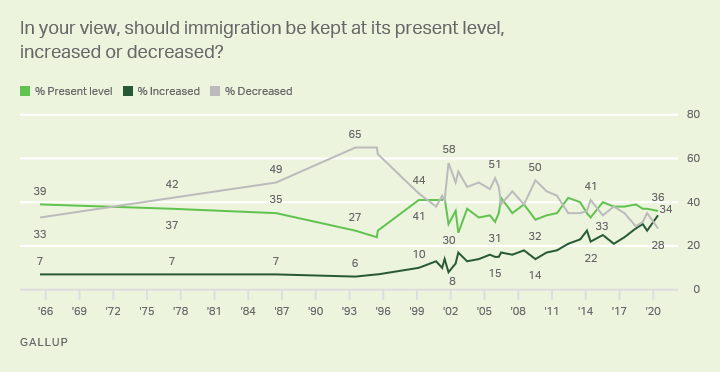

:format(webp)/cdn.vox-cdn.com/uploads/chorus_image/image/67225668/517322988.jpg.0.jpg)